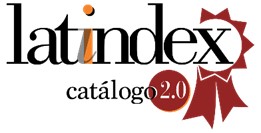Actividades de natureza investigativa nos primeiros anos de escolaridade
DOI:
https://doi.org/10.48489/quadrante.22790Keywords:
Learning, Mathematical tasks, Mathematical investigative activities, Classroom environmentsAbstract
This study, based on a research study, has the goal of understanding how pupils get involved in mathematical investigative activities. Accordingly to the study’s goals, it follows a qualitative investigative approach, based on case studies of four pupils with differentiated performances, from a 3rd grade class, teached by the first author. The data was gathered by participant observation, backed up in i) audio/video recording of lessons and ii) documents made by students. Informal pupils’ conversation was a great contribution, also. Initially, pupils carried out the activities and, as soon as they obtained an answer, they asked for the immediate validation of their work, without seeking another possible answer. However, as the study evolved, most part of pupils abandons teacher’s dependency and assumes a more critical posture about its own work. The activities are now faced more naturally and, progressively, pupils tend to adapt to this way of working. Generally, involvement in mathematical investigative activities has provided enthusiastic and joyful moments. As they were challenged, determined students revealed self-motivation and persistency in finding the way to activities’ resolution. This involvement, besides developing reasoning and communication, it has allowed to deepen subjects already studied and the acknowledgment of new concepts and it has developed cooperation in work, critical sense and autonomy










